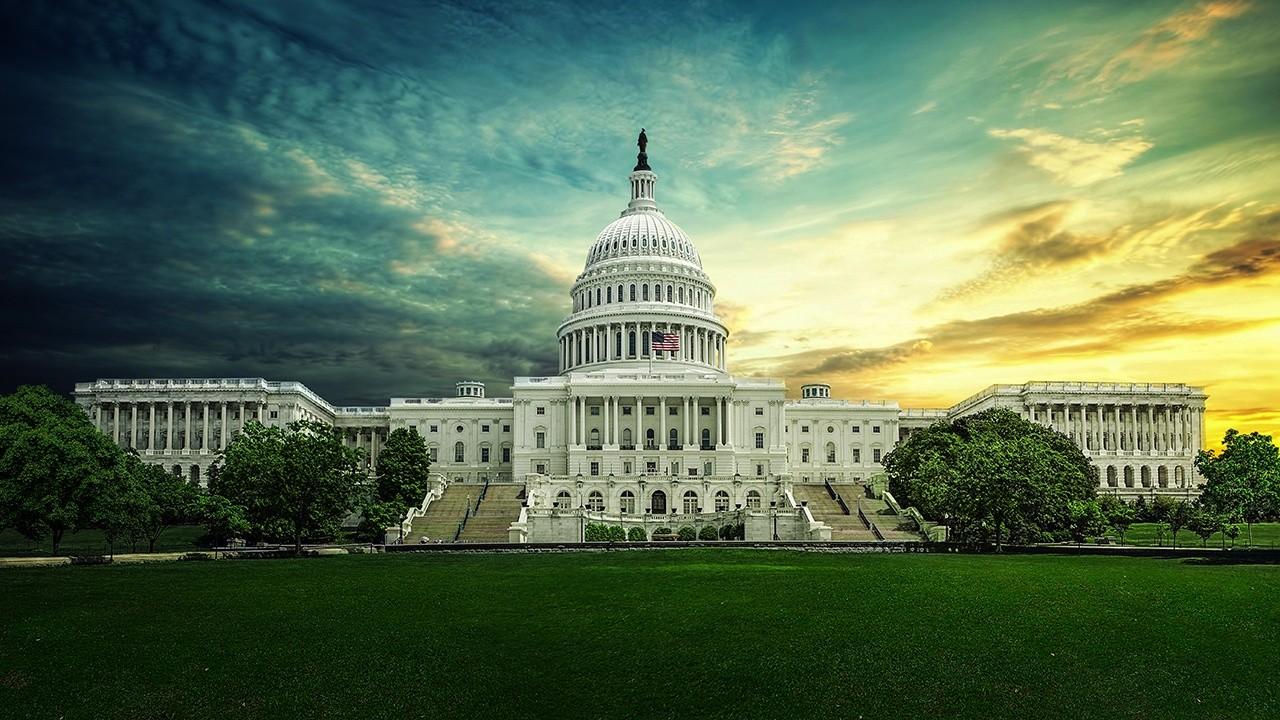McConnell says coronavirus relief deal 'unlikely' before November election
McConnell said the 'differences of opinion about what is needed at this particular juncture are pretty bad'
Senate Majority Leader Mitch McConnell indicated on Friday that Congress is "unlikely" to reach an agreement on a coronavirus relief package before the Nov. 3 election, the latest in a series of twists this week over more fiscal stimulus.
“The situation is kind of murky and I think the murkiness is a result of the proximity to the election and everybody kind of trying to elbow for political advantage,” McConnell said during an event in his home state of Kentucky. “I’d like to see us rise above that like we did back in March and April but I think that’s unlikely in the next three weeks.”
FED'S POWELL URGES MORE FEDERAL STIMULUS TO HELP ECONOMY RECOVER FROM PANDEMIC
McConnell's comments came as the White House and Democratic leaders restarted last-ditch negotiations on another round of emergency aid for American workers and businesses still reeling from the coronavirus pandemic.
Although Democrats and Republicans broadly agree that another bill is necessary to aid the economy's recovery, they sharply disagree over the size and scope of it. House Democrats passed a $2.2 trillion aid package in September, while the Trump administration countered with a $1.6 trillion plan. Pelosi rejected that as "inadequate."
Talks appeared to hit a deadend on Tuesday when President Trump tweeted that he had instructed Republicans to halt negotiations until after the election, jolting Wall Street and sending stocks tumbling. But he swiftly reversed course, initially calling for piecemeal legislation, then renewing a push for a broader deal.
PELOSI REJECTS STAND-ALONE AIRLINE VIRUS RELIEF BILL WITHOUT BROADER AID DEAL
“I shut down talks two days ago because they weren’t working out. Now they‘re starting to work out,” Trump told FOX Business' Maria Bartiromo on Thursday. “We’re talking about airlines, and we’re talking about a bigger deal than airlines."
House Speaker Nancy Pelosi and Treasury Secretary Steven Mnuchin -- who spoke for 40 minutes on Thursday -- would still need to cut a deal and write legislation, which is expected to cost at least $1.5 trillion. That bill would then need to get through the Democratic-controlled House and the GOP-controlled Senate, where some Republicans have expressed concern about another massive spending initiative amid the nation's ballooning deficit, which is projected to hit a record-shattering $3.3 trillion this year, according to the Congressional Budget Office.
Pelosi has ruled out providing aid to the beleaguered airline industry, which faces a wave of looming layoffs, without a broader deal in place.
TRUMP REJECTS DEMS' CORONAVIRUS RELIEF PROPOSAL, CALLS OFF NEGOTIATIONS 'UNTIL AFTER THE ELECTION'
McConnell said that “we do need another rescue package” but added that the “differences of opinion about what is needed at this particular juncture are pretty bad.”
For months, Congress has struggled to reach an agreement on additional stimulus. Negotiations first collapsed in early August, prompting Trump to sign four executive measures intended to provide relief to families still reeling from the virus-induced crisis, including temporarily extending supplemental jobless aid at $300 a week.
But that aid is beginning to expire, and lifelines that propped up the economy in the early weeks of the pandemic — like the $670 billion Paycheck Protection Program, a one-time $1,200 stimulus check and sweetened unemployment benefits — lapsed weeks ago.
GET FOX BUSINESS ON THE GO BY CLICKING HERE
Federal Reserve Chairman Jerome Powell urged lawmakers this week to provide the pandemic-stricken economy with more fiscal support in order to sustain the nation's early recovery.
“Even if policy actions ultimately prove to be greater than needed, they will not go to waste," Powell said Tuesday in a prepared speech to the National Association for Business Economics. "The recovery will be stronger and move faster if monetary policy and fiscal policy continue to work side by side to provide support to the economy until it is clearly out of the woods."
There are still roughly 10.7 million more out-of-work Americans than there were in February before the pandemic hit.
CLICK HERE TO READ MORE ON FOX BUSINESS




















